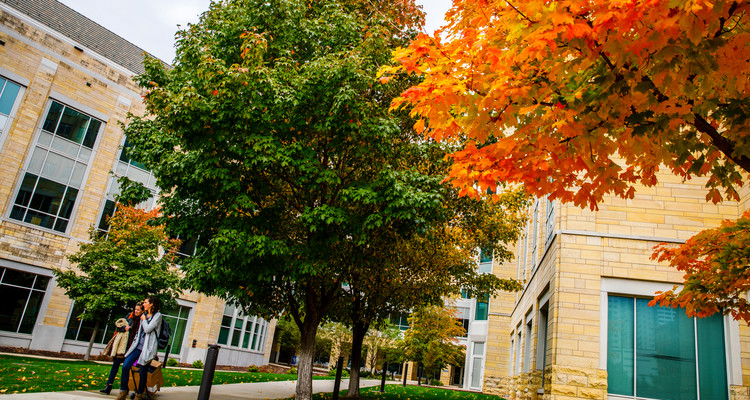I first visited St. Thomas Law to give a talk to the faculty at lunch. During the visit I saw the mission statement posted on a wall: “The University of St. Thomas School of Law, as a Catholic law school, is dedicated to integrating faith and reason in the search for truth through a focus on morality and social justice.” There, in a few words, were so many challenging imperatives. Faith and reason. Truth. Morality. Social Justice. Each different, each complicated, and each one of them was a part of what I had been imperfectly striving for. Within a year, I was a part of the faculty after 10 years at Baylor Law School. Did the mission matter? It did when it drew me to St. Thomas, and it has ever since.
Consider, for example, the idea of morality. For too many lawyers, their vocation becomes amoral; they represent whichever side of a dispute walks through the door and offers money. Earlier in my career I was deeply troubled that we talked a lot about ethics – such as working hard for your client – but not much about morality. That’s not true at St. Thomas. In criminal law classes, I challenge my students to think hard about the morality of professional decisions, such as the choices a prosecutor makes within her area of discretion. Sometimes, I find students who aren’t comfortable with the moral decisions lawyers have to make and part of my job is to change that and help them see the moral dimension to all kinds of legal work. It can be the hardest part of the job.
And what of social justice? Our mission challenges us to find and embrace it, but we sometimes differ as to what outcome is just. For example, I might argue for incarceration for certain types of crimes as being just and socially beneficial, while others may argue for leniency and compassion. Which of us is pursuing social justice? The truth is that we both are, and many of our society’s best outcomes spring from those debates. We aren’t afraid to speak openly about social justice, and we also aren’t afraid to discuss the most important contemporary topics in an open, civil way. Truth comes from that.
In the end, though, it might be the mission’s reference to faith that is most transformative. That is true even though we on the faculty aren’t of a single faith. Whether Catholic or Jewish or Mennonite or Episcopalian or Baptist, there is a central and transformative fact we all recognize: That there is a God, and I am not God. With that simple fact, all are humbled. In the academy, where egos can become legendary, the fact that we share in prayer matters.
Do I live up to our mission? Of course not. I often fall short of those lofty goals. But does the mission matter?
It does. Every day, with every conversation with a student, with each word we write, and with the rise and fall of our own confidence and accomplishments, it matters. Words that strong cannot be ignored.
